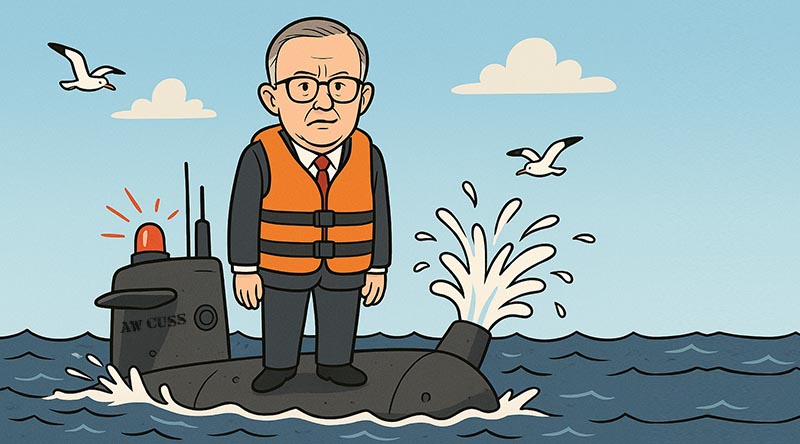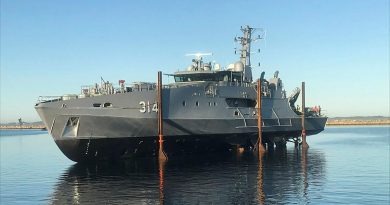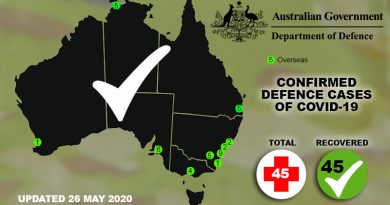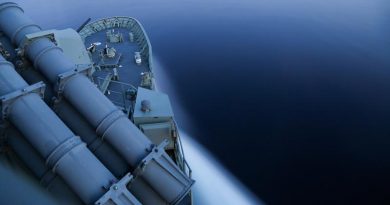Anthony Albanese might secretly prefer AUKUS to fail
Share the post "Anthony Albanese might secretly prefer AUKUS to fail"

When Scott Morrison unveiled the AUKUS pact in 2021, he framed it as a masterstroke of statesmanship – tying Australia’s security to the US and UK through nuclear-powered submarines. Anthony Albanese inherited the agreement when he became Prime Minister. Publicly, he’s embraced it. Privately, though, it’s not hard to imagine he might be quietly hoping it falls apart.
1. The poisoned chalice
AUKUS is Morrison’s legacy, not Albanese’s. If it succeeds, Morrison will forever claim the credit. If it fails, Albanese can simply say he did his best to make it work. For a political operator, that’s a win-win – Albanese avoids the stain of ownership while enjoying the freedom to move on when the project inevitably stumbles.
2. The financial black hole
The submarines are projected to cost more than $350 billion – a figure that will surely climb, given our track record with almost every Defence project. That’s money Albanese would no doubt prefer to spend on Labor priorities – education, health, housing, and clean energy. If AUKUS collapses under its own weight, the PM is spared the pain of justifying why future generations are saddled with debt for a Morrison-era fantasy project.
3. The ideological fault line
Labor has always been divided over defence and foreign entanglements. For many in Albanese’s party, AUKUS feels like a surrender of sovereignty to Washington. Albanese can’t openly break with the US, but if AUKUS falters due to delays, costs, or shifting American politics, he avoids a damaging internal showdown within Labor ranks.
However, there are other factions in the Labor Party who have hitched their wagons very strongly to AUKUS. If the project failed, Albanese would trump one serious contender for his own office too. Not naming names, but – the man who insists on calling himself Deputy Prime Minister even when making Defence-portfolio announcements, springs to mind.
4. The sovereignty trap.
By locking Australia into US nuclear technology, AUKUS effectively places Canberra’s defence policy in Washington’s hands. Albanese has no choice but to defend the arrangement publicly. But in private, he must see the dangers of being seen as America’s “deputy sheriff” in Asia. If the pact unravels, the blame won’t be his – but the freedom to recalibrate Australia’s defence strategy will be.
The irony is that Albanese doesn’t have to lift a finger. AUKUS is so costly, complex, and politically fraught that its demise may be inevitable. If/when it does collapse, Morrison will bear the stain of failure, while Albanese will be free to chart a different defence plan – from the then more secure confines of the PM’s office.
.
Another comment from resident crankyman Sir Jeffrey Armiger – a retired Public Servant with a pet hate for BE (bovine excrement)
View more diatribes from Sir Jeffrey here.
.
.\
.
..
This post assisted by ChatGPT
.
.

.
.
Share the post "Anthony Albanese might secretly prefer AUKUS to fail"





